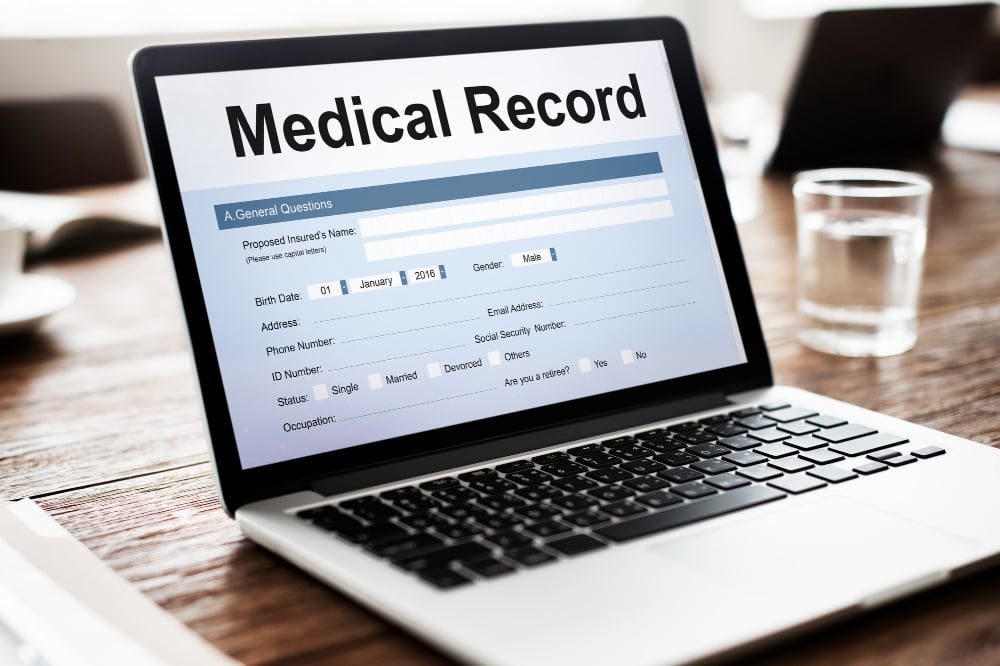
In the digital age, where information flows seamlessly across networks, the healthcare industry grapples with a dilemma that has far-reaching implications for patient care, privacy, and the efficiency of medical systems—the medical records dilemma. Balancing the need for accessible and comprehensive patient data with the imperative to safeguard individuals' privacy poses significant challenges for healthcare providers, policymakers, and technology developers alike.
The Evolution of Medical Records:
Gone are the days of paper-based medical records stored in dusty file cabinets. The transition to electronic health records (EHRs) has revolutionized the way healthcare providers manage patient information. EHRs promise improved efficiency, coordination of care, and better patient outcomes. However, this transition also brings forth complex issues related to data security, patient consent, and the potential for unauthorized access.
Privacy Concerns:
One of the primary concerns in the medical records dilemma is the safeguarding of patient privacy. As medical records transition from paper to digital, the risk of unauthorized access and data breaches increases. Healthcare organizations must implement robust security measures to protect sensitive information from malicious actors. The fear of personal health information falling into the wrong hands has fueled debates around the ethical use of data and the necessity of stringent privacy regulations.
Legal and Ethical Considerations:
The landscape of medical records is governed by a complex web of laws and regulations designed to strike a balance between the accessibility of information and protecting patient privacy. Legislation such as the Health Insurance Portability and Accountability Act (HIPAA) in the United States and the General Data Protection Regulation (GDPR) in Europe outlines guidelines for the collection, storage, and sharing of medical information. Navigating these legal frameworks is crucial for healthcare providers to avoid legal repercussions while ensuring the seamless exchange of information for patient care.
Interoperability Challenges:
Achieving seamless interoperability among different healthcare systems remains a significant challenge in the medical records dilemma. As patients seek care from various providers, ensuring that their complete medical history is accessible to all relevant parties becomes paramount. The lack of standardized formats and protocols for data exchange hampers the ability of different systems to communicate effectively, hindering the potential benefits of electronic health records.
Patient Empowerment:
While the medical records dilemma raises concerns about data security and privacy, it also opens up opportunities for patient empowerment. Many argue that giving patients more control over their health information allows for better-informed decision-making and increased engagement in their care. Technologies such as patient portals and mobile health apps enable individuals to access their medical records, communicate with healthcare providers, and actively participate in managing their health.
The Future of Medical Records:
As technology continues to advance, addressing the medical records dilemma requires a multifaceted approach. Striking a balance between accessibility and privacy, fostering interoperability, and empowering patients are crucial aspects of a comprehensive solution. Innovations such as blockchain technology, which offers decentralized and secure data storage, may play a role in addressing some of the privacy concerns associated with electronic health records.
Conclusion:
The medical records dilemma underscores the intricate challenges facing the healthcare industry as it navigates the digital transformation of patient information management. Striking the right balance between accessibility, privacy, and security is essential to harness the full potential of electronic health records while ensuring the trust and confidence of patients. As technology and regulations evolve, finding innovative and ethical solutions will be paramount in shaping the future of medical records.


Leave Your Comment Here